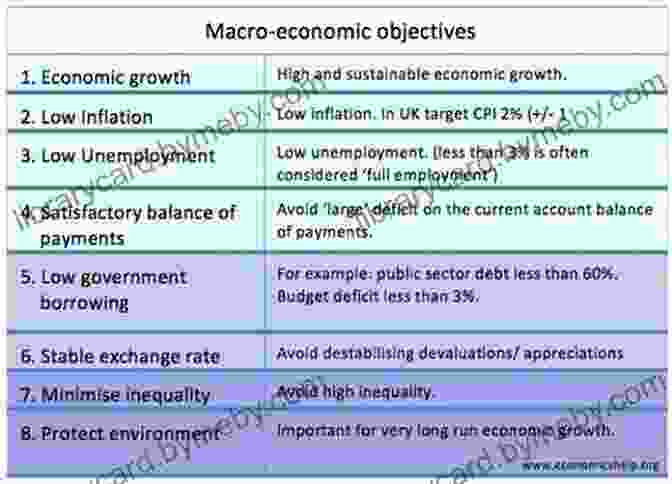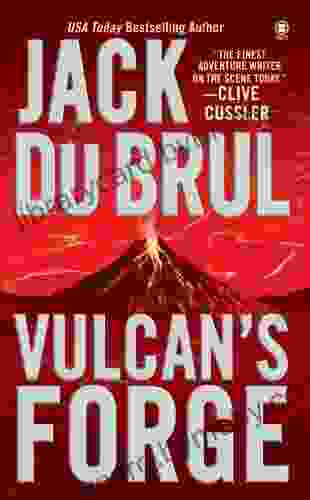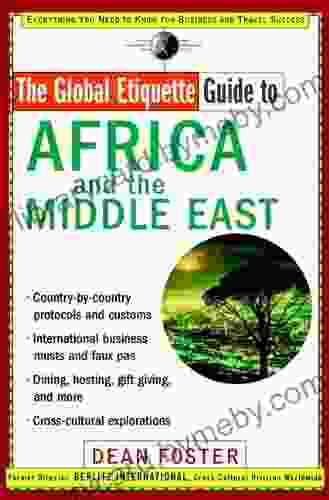Economic Statecraft: The Use of Economic Measures to Achieve Political Goals

Economic statecraft is the use of economic measures to achieve political goals. It is a form of statecraft that has been used throughout history, and it continues to be used today. This book provides a comprehensive overview of economic statecraft, including its history, theory, and practice. It also examines the effectiveness of economic statecraft and the challenges that it faces.
4.7 out of 5
| Language | : | English |
| File size | : | 1470 KB |
| Text-to-Speech | : | Enabled |
| Enhanced typesetting | : | Enabled |
| Word Wise | : | Enabled |
| Print length | : | 496 pages |
The History of Economic Statecraft
The use of economic measures to achieve political goals has a long history. The ancient Greeks and Romans used economic sanctions to punish their enemies and to encourage them to change their behavior. In the Middle Ages, the Catholic Church used economic sanctions to enforce its authority. And in the modern era, economic sanctions have been used by countries to achieve a wide range of political goals, from promoting democracy to preventing the spread of nuclear weapons.
The Theory of Economic Statecraft
There are a number of different theories of economic statecraft. Some theorists argue that economic sanctions are most effective when they are targeted at specific individuals or groups within a country. Others argue that economic sanctions are most effective when they are applied to entire countries. And still others argue that economic sanctions are only effective when they are combined with other forms of pressure, such as military force or diplomacy.
The Practice of Economic Statecraft
The practice of economic statecraft is complex and challenging. There are a number of factors that can affect the effectiveness of economic sanctions, including the target country's economic resilience, the level of international support for the sanctions, and the willingness of the sanctioning country to enforce the sanctions. In addition, economic sanctions can have unintended consequences, such as harming innocent civilians or damaging the global economy.
The Effectiveness of Economic Statecraft
The effectiveness of economic statecraft is a matter of debate. Some studies have shown that economic sanctions can be effective in achieving their political goals. However, other studies have shown that economic sanctions can be ineffective or even counterproductive. The effectiveness of economic sanctions depends on a number of factors, including the target country's economic resilience, the level of international support for the sanctions, and the willingness of the sanctioning country to enforce the sanctions.
The Challenges of Economic Statecraft
There are a number of challenges to the use of economic statecraft. One challenge is the difficulty of designing economic sanctions that are effective and that do not harm innocent civilians. Another challenge is the difficulty of enforcing economic sanctions, especially against countries that have strong economic ties to other countries. And finally, there is the challenge of dealing with the unintended consequences of economic sanctions, such as harming innocent civilians or damaging the global economy.
Economic statecraft is a powerful tool that can be used to achieve a wide range of political goals. However, it is important to use economic statecraft carefully and to be aware of its potential risks. When used wisely, economic statecraft can be a valuable tool for promoting peace and security.

4.7 out of 5
| Language | : | English |
| File size | : | 1470 KB |
| Text-to-Speech | : | Enabled |
| Enhanced typesetting | : | Enabled |
| Word Wise | : | Enabled |
| Print length | : | 496 pages |
Do you want to contribute by writing guest posts on this blog?
Please contact us and send us a resume of previous articles that you have written.
 Book
Book Novel
Novel Page
Page Chapter
Chapter Text
Text Story
Story Genre
Genre Reader
Reader Library
Library Paperback
Paperback E-book
E-book Magazine
Magazine Newspaper
Newspaper Paragraph
Paragraph Sentence
Sentence Bookmark
Bookmark Shelf
Shelf Glossary
Glossary Bibliography
Bibliography Foreword
Foreword Preface
Preface Synopsis
Synopsis Annotation
Annotation Footnote
Footnote Manuscript
Manuscript Scroll
Scroll Codex
Codex Tome
Tome Bestseller
Bestseller Classics
Classics Library card
Library card Narrative
Narrative Biography
Biography Autobiography
Autobiography Memoir
Memoir Reference
Reference Encyclopedia
Encyclopedia Bella Young
Bella Young Billy Gallagher
Billy Gallagher Bill Friedrich
Bill Friedrich Ben Stevens
Ben Stevens Bill Jamison
Bill Jamison Bettina Elias Siegel
Bettina Elias Siegel Immigrant Writers Association
Immigrant Writers Association Beverley Randell
Beverley Randell Bina Venkataraman
Bina Venkataraman Beth Bacon
Beth Bacon Bill Rumpel
Bill Rumpel Bernhard Rieger
Bernhard Rieger Rolf Potts
Rolf Potts Ben Wildavsky
Ben Wildavsky Ben Collins
Ben Collins Bill Parisi
Bill Parisi Ben Judah
Ben Judah Sophie Burrows
Sophie Burrows Michael Tefula
Michael Tefula Shane Parrish
Shane Parrish
Light bulbAdvertise smarter! Our strategic ad space ensures maximum exposure. Reserve your spot today!
 Holden BellFollow ·7.9k
Holden BellFollow ·7.9k Lord ByronFollow ·12k
Lord ByronFollow ·12k Milton BellFollow ·9.6k
Milton BellFollow ·9.6k Branden SimmonsFollow ·12k
Branden SimmonsFollow ·12k Jett PowellFollow ·13k
Jett PowellFollow ·13k Jacob HayesFollow ·19.2k
Jacob HayesFollow ·19.2k Bernard PowellFollow ·18.7k
Bernard PowellFollow ·18.7k Robert Louis StevensonFollow ·4.8k
Robert Louis StevensonFollow ·4.8k

 Ivan Cox
Ivan CoxSpeak With Ease: The Ultimate Guide to Public Speaking...
By Rupika Raj ...

 Jesus Mitchell
Jesus MitchellVulcan Forge: A Suspense Thriller that Will Keep You on...
Vulcan Forge is...

 Dashawn Hayes
Dashawn HayesThe Carteret Family Bob Martin: A Comprehensive Review
Bob Martin's...

 Owen Simmons
Owen SimmonsUnlock the World of Cultural Nuances with "The Global...
Embark on a Journey of...

 Ian McEwan
Ian McEwanConquer the Mountain: True Account of Catastrophe and...
In the heart of California's stunning...
4.7 out of 5
| Language | : | English |
| File size | : | 1470 KB |
| Text-to-Speech | : | Enabled |
| Enhanced typesetting | : | Enabled |
| Word Wise | : | Enabled |
| Print length | : | 496 pages |














